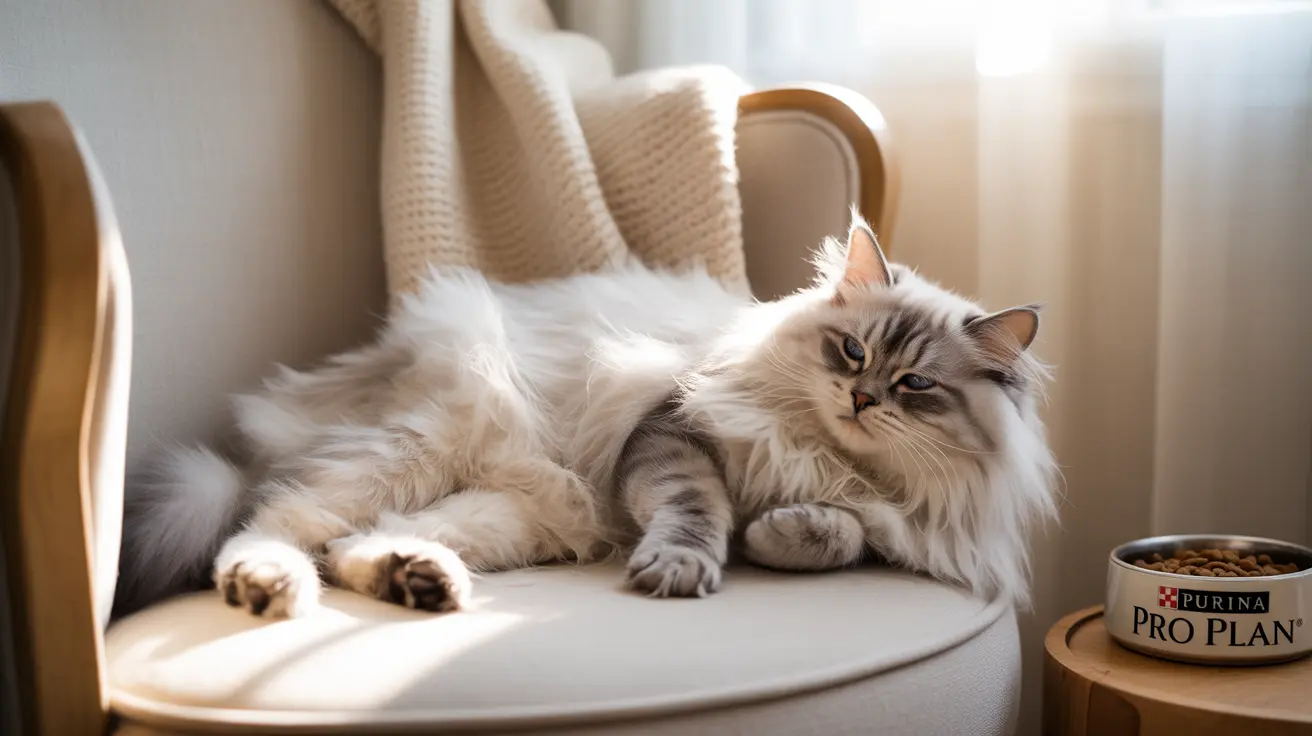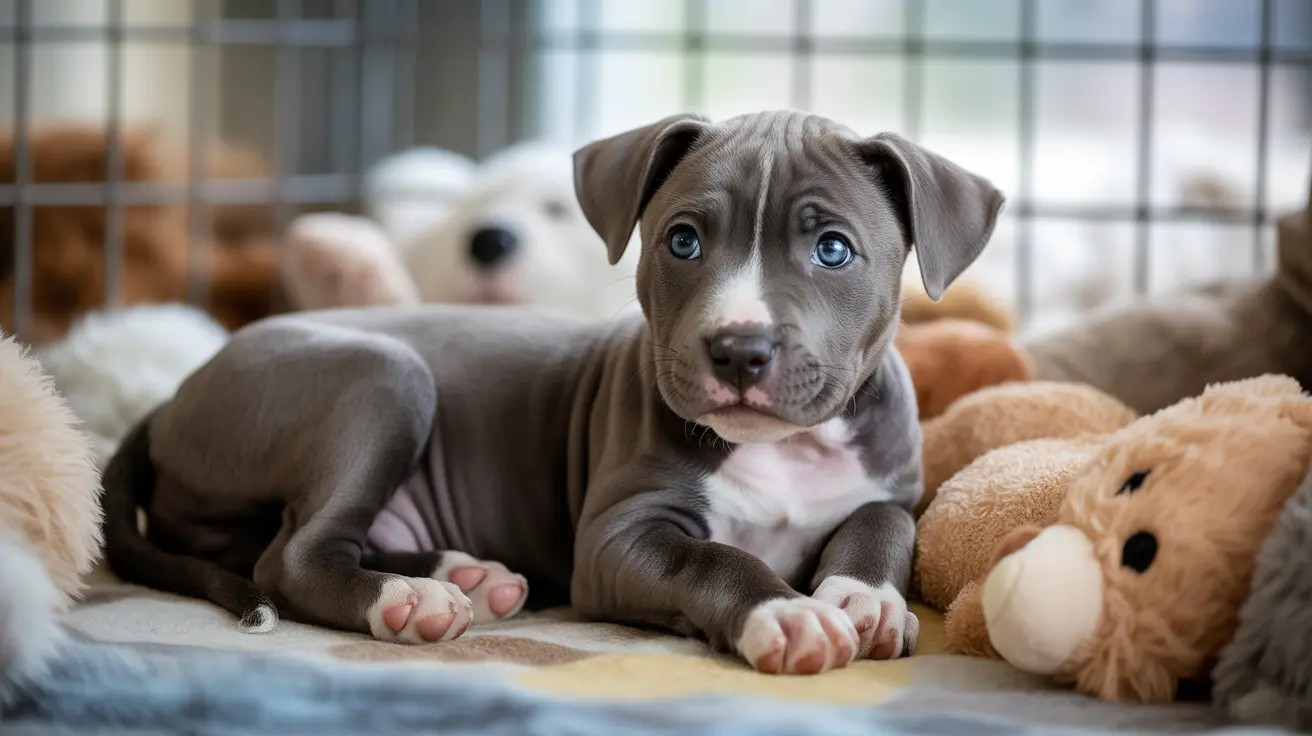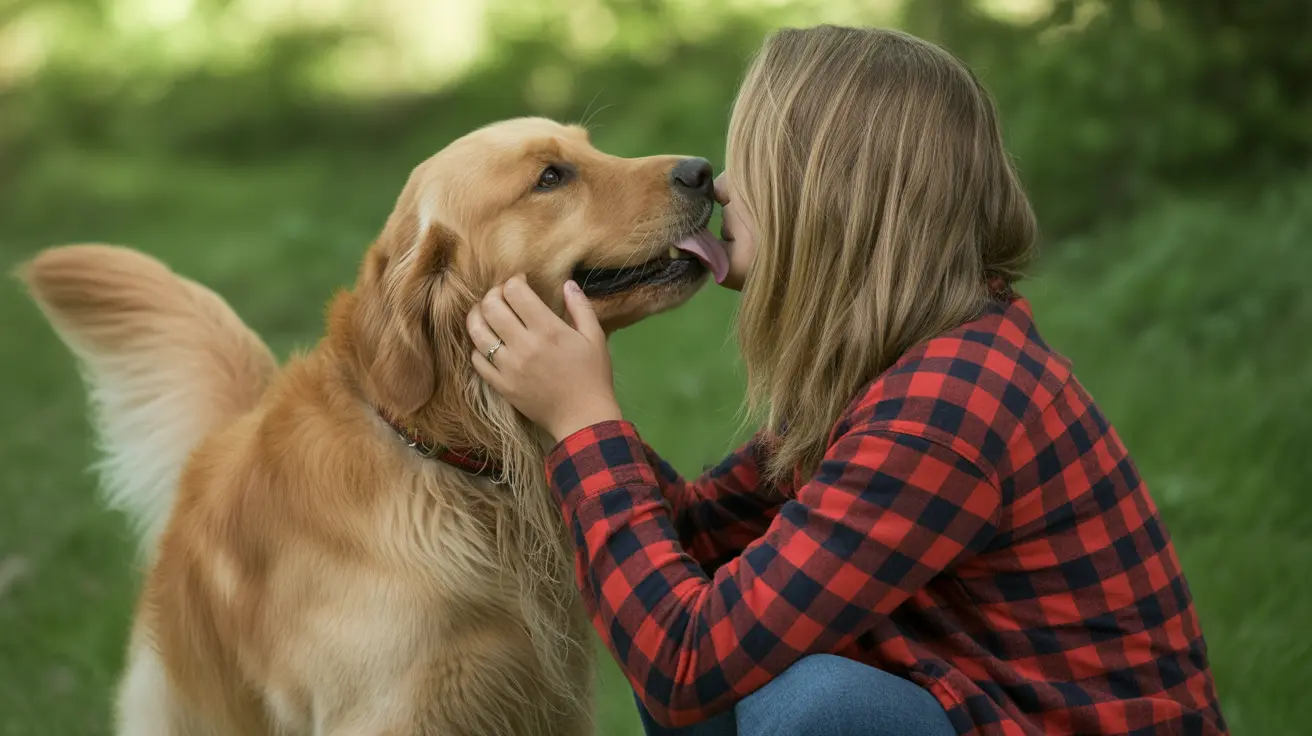When your cat suddenly starts showing signs of digestive distress, gastroenteritis could be the culprit. This common yet potentially serious condition affects cats of all ages, causing inflammation in both the stomach and intestines. For cat owners, recognizing the signs early and knowing when to seek veterinary care can make a crucial difference in their pet's recovery.
In this comprehensive guide, we'll explore everything you need to know about gastroenteritis in cats, from its various causes and symptoms to effective treatment options and prevention strategies.
What Causes Gastroenteritis in Cats?
Gastroenteritis in cats can stem from numerous sources, including:
- Infections (bacterial, viral, or parasitic)
- Dietary indiscretion (eating spoiled food or non-food items)
- Food allergies or intolerances
- Sudden diet changes
- Toxic substances
- Stress or anxiety
Environmental factors and underlying health conditions can also trigger episodes of gastroenteritis, making it essential to identify and address the root cause for effective treatment.
Recognizing the Signs and Symptoms
Primary Symptoms
The most common indicators of gastroenteritis include:
- Vomiting (may contain bile or food)
- Diarrhea (which can be watery or bloody)
- Decreased appetite
- Lethargy
- Abdominal pain or tenderness
Secondary Signs
Additional symptoms that may indicate a more severe case:
- Dehydration (sunken eyes, dry gums)
- Weight loss
- Fever
- Excessive drooling
- Blood in stool or vomit
Diagnosis and Veterinary Care
When you bring your cat to the veterinarian, they will typically perform:
- Physical examination
- Blood tests
- Fecal analysis
- Imaging (X-rays or ultrasound) if needed
- Additional specialized tests based on symptoms
This comprehensive approach helps identify the underlying cause and determine the most effective treatment plan.
Treatment Options and Recovery
Treatment for feline gastroenteritis usually involves:
- Fluid therapy to combat dehydration
- Temporary food restriction followed by a bland diet
- Anti-nausea medications
- Antibiotics (if bacterial infection is present)
- Probiotics to restore gut health
Most cats respond well to treatment within 24-48 hours, though full recovery may take several days to weeks depending on the severity and underlying cause.
Prevention Strategies
To help prevent gastroenteritis in your cat:
- Maintain a consistent, high-quality diet
- Introduce new foods gradually
- Keep toxic plants and substances out of reach
- Regular veterinary check-ups
- Proper parasite prevention
- Minimize stress in your cat's environment
When to Seek Emergency Care
Contact your veterinarian immediately if your cat shows:
- Severe or prolonged vomiting and diarrhea
- Signs of dehydration
- Lethargy or collapse
- Bloody stool or vomit
- Complete loss of appetite for more than 24 hours
Frequently Asked Questions
What are the most common symptoms of gastroenteritis in cats?
The most common symptoms include vomiting, diarrhea, decreased appetite, lethargy, and abdominal pain. Cats may also show signs of dehydration and discomfort when touched around the stomach area.
What should I do if my cat is vomiting and has diarrhea at home?
Monitor your cat closely, withhold food for 12-24 hours (but ensure access to water), and contact your veterinarian for guidance. If symptoms are severe or persist, seek immediate veterinary care.
How do vets diagnose the cause of gastroenteritis in cats?
Veterinarians use a combination of physical examination, blood tests, fecal analysis, and sometimes imaging studies like X-rays or ultrasound to determine the underlying cause of gastroenteritis.
What treatments are available for cats with gastroenteritis?
Treatment options include fluid therapy, dietary management, anti-nausea medications, antibiotics if needed, and probiotics. The specific treatment plan depends on the cause and severity of the condition.
Can gastroenteritis in cats be prevented, and how?
Yes, gastroenteritis can often be prevented through proper diet management, keeping cats away from toxic substances, regular veterinary check-ups, and maintaining good hygiene. Gradual diet changes and stress reduction also help prevent episodes.
Remember, while mild cases of gastroenteritis may resolve with supportive care, severe or prolonged symptoms require immediate veterinary attention. Always consult with your veterinarian for proper diagnosis and treatment of your cat's specific condition.






